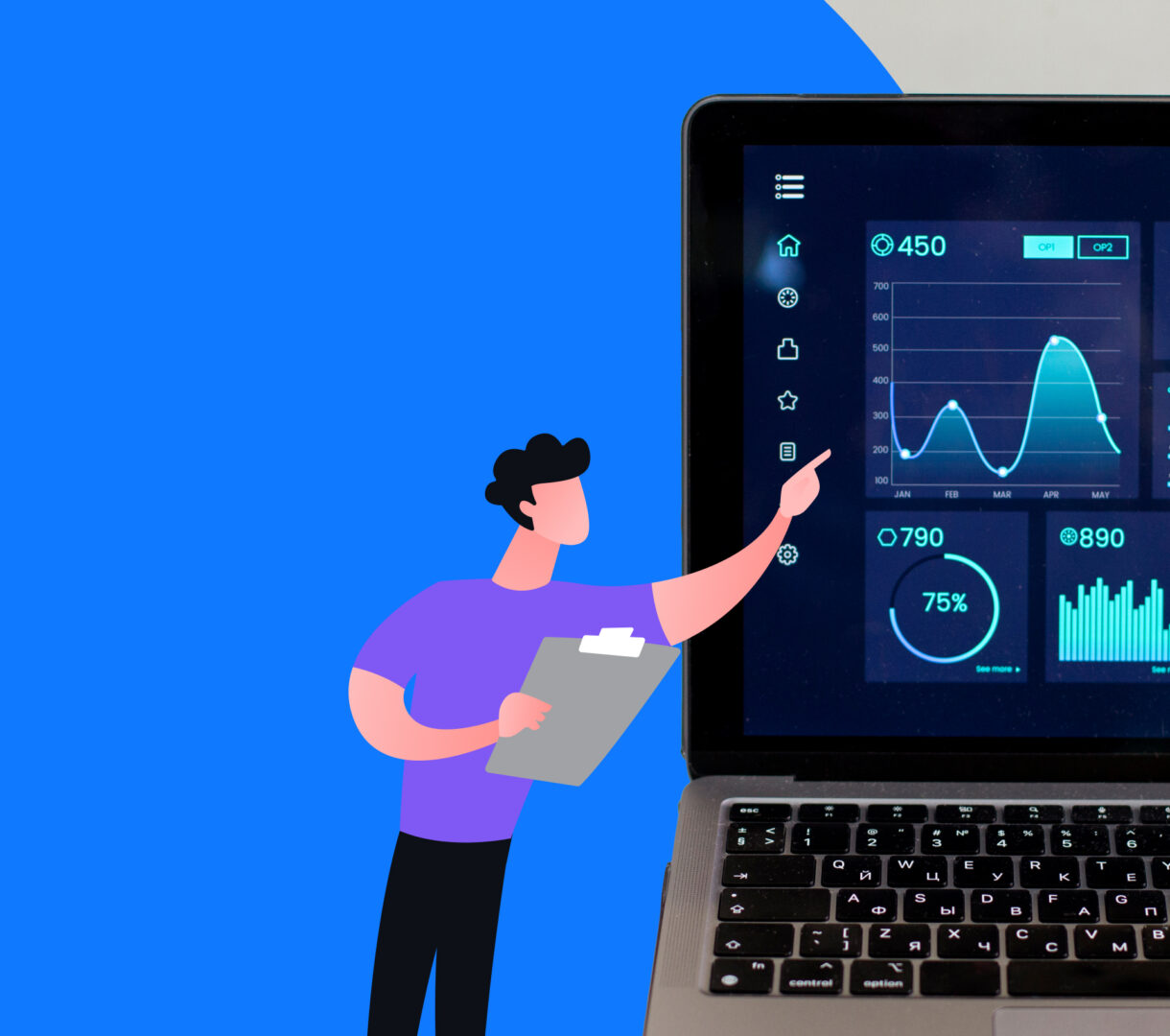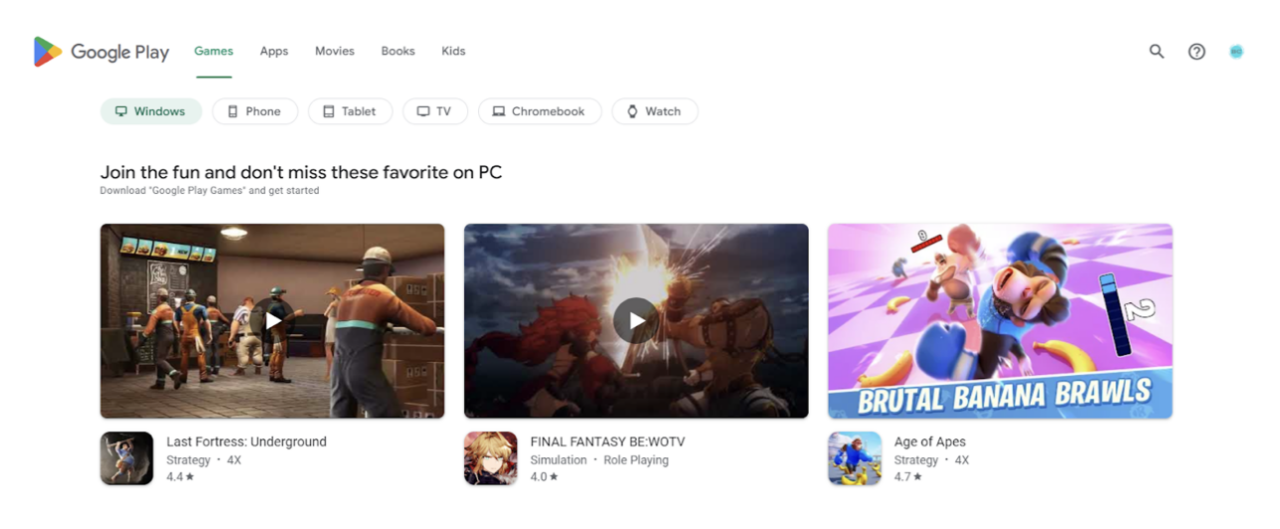
What is Metadata? Understanding Metadata in Digital Management
Have you ever wondered how information about your app, such as its description, keywords, and developer details, helps it get discovered in app stores like Google Play or the Apple App Store? The answer lies in metadata. It’s the key behind the scenes, working to improve visibility, ranking, and discoverability. But what exactly is metadata, and how can it help in your digital management strategy?
In this article, we’ll dive deep into the world of metadata—what it is, why it’s important, and how understanding it can significantly improve your app’s visibility in the competitive world of app store optimization (ASO).
What is metadata and why is it important?
Metadata is often described as “data about data.” In simpler terms, it’s information that provides context to other data. For app developers and digital managers, metadata is crucial because it directly impacts how your app is presented, searched for, and ultimately found in the app store ecosystem.
Think of metadata as the invisible scaffolding that holds your app together in the app store. While users see the app icon, title, description, and screenshots, app store algorithms see the metadata behind the scenes. This includes details like:
- App title
- Subtitle
- Keywords
- Description
- Categories
- Developer information
- Ratings and reviews
The app store’s search engine indexes this metadata, which influences how your app ranks for specific search queries. The more relevant and well-optimized your metadata is, the better your chances of appearing in search results.
Key types of metadata indexed in app stores
When optimizing your app for visibility, certain types of metadata are crucial in both the Google Play Store and Apple App Store. Each platform has its own guidelines for metadata fields, character limits, and the way search algorithms treat these fields. Below are the key types of metadata indexed by these stores:
1. App Title
- Google Play Store: 30 characters max
- Apple App Store: 30 characters max
The app title is the most important piece of metadata. It should include your primary keyword, as this has a significant impact on app store search rankings.
Example:
- Google Play Store: “Peloton – Fitness & Workouts“ (28 characters)
- Apple App Store: “Peloton: Fitness & Workouts“ (27 characters)
2. Subtitle
- Google Play Store: Not applicable
- Apple App Store: 30 characters max
Only the Apple App Store allows a subtitle, which gives you another opportunity to include secondary keywords that further describe your app’s functionality.
Example:
- “Yoga, Cardio & Gym Training“ (Apple App Store Subtitle)
3. Short Description
- Google Play Store: 80 characters max
- Apple App Store: Not applicable
The short description in the Google Play Store provides a concise summary of your app’s key features, appearing above the fold in search results. This is a great space for impactful keywords.
Example:
- “Track workouts, burn calories, and stay fit with personalized fitness plans” (Google Play Store Short Description)
4. Full Description
- Google Play Store: 4,000 characters max
- Apple App Store: 4,000 characters max
The full description gives you ample space to elaborate on your app’s features and benefits. For both stores, you should strategically place keywords here to improve discoverability. However, while the Google Play Store indexes keywords in the full description, the Apple App Store does not—so focus on user engagement and clarity for Apple.
Example:
- Google Play Store:
“FitApp helps you stay on track with your fitness goals. With features like calorie counting, workout tracking, and personalized fitness plans, you can monitor your progress and reach your health targets. Whether you’re focused on losing weight, building muscle, or maintaining general wellness, FitApp is your all-in-one fitness solution…”
- Apple App Store:
“Track your workouts, measure progress, and stay healthy with FitApp. Designed for all fitness levels, this app includes personalized training plans, nutrition tracking, and detailed performance insights to help you achieve your goals…”
5. Keywords
- Google Play Store: Not applicable (keywords come from the description)
- Apple App Store: 100 characters max (hidden keyword field)
In the Apple App Store, the keywords field is hidden from users but is critical for the app’s discoverability. Use this space to include relevant search terms that you didn’t use in the title or subtitle. The Google Play Store, on the other hand, pulls keywords from the description, so keyword placement there is key.
Example for Apple:
- “fitness,calorie,counter,workout,tracker,weight,loss,gym,health”
6. Categories
- Google Play Store: Select from available categories
- Apple App Store: Select from available categories
Both app stores require you to assign categories to your app. These help users discover your app when they browse by category. Choose the most relevant categories for your app’s functionality to ensure it appears in the right searches.
Example:
- Primary Category: Health & Fitness
These are the primary metadata fields that affect your app’s visibility and ranking in both the Google Play Store and Apple App Store. Ensuring these are well-optimized can greatly enhance your app’s chances of being discovered by potential users.
Why Metadata is critical for App Store Optimization (ASO)
ASO is the process of improving your app’s visibility and ranking in app stores. The higher your app ranks in search results, the more likely it is to attract downloads. Metadata plays a significant role in ASO because it helps search engines understand the purpose and relevance of your app. This means:
- Better discoverability: When users type keywords related to your app’s features, the app store uses metadata to determine if your app should appear in the search results.
- Higher rankings: Well-optimized metadata increases your app’s chances of ranking higher in app store searches, leading to more organic traffic.
- Increased downloads: Metadata like a compelling description or positive reviews can make users more likely to download your app.
Why Metadata Matters for Your App’s Success
Metadata may work behind the scenes, but it’s crucial to the success of your app in the digital marketplace. Whether it’s improving discoverability through app store optimization or organizing your digital assets more effectively, metadata is the key to better visibility, rankings, and downloads.
Now that you understand the importance of metadata, it’s time to take action!
To ensure your app’s metadata is optimized for success, consider hiring ShyftUp, a leading user acquisition agency. With their expertise in running Apple Search Ads, analyzing data, and offering comprehensive app marketing solutions,
ShyftUp can help you maximize your app’s potential and reach a larger audience. Contact them today to give your app the boost it needs!
